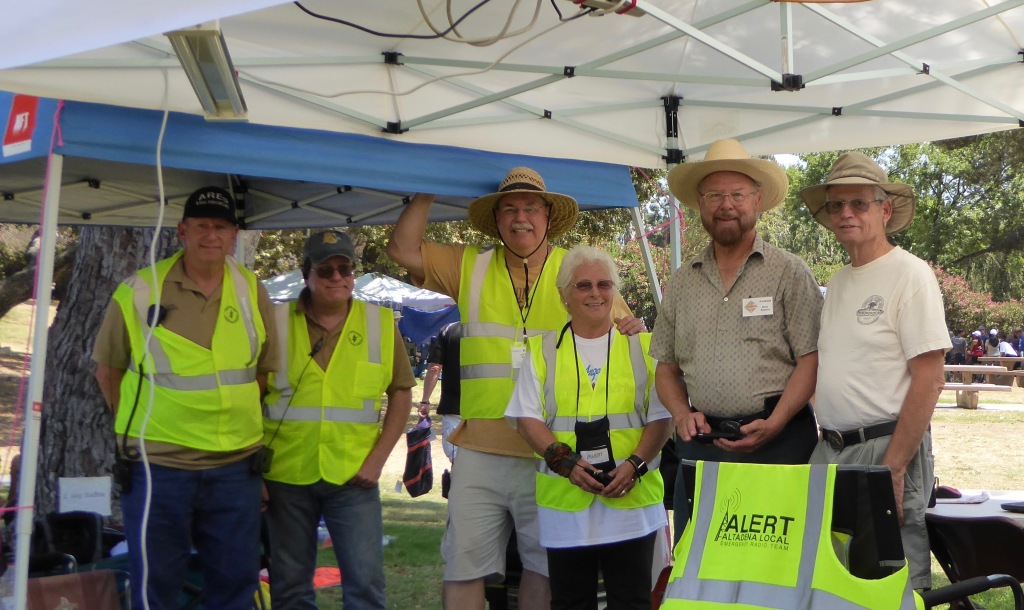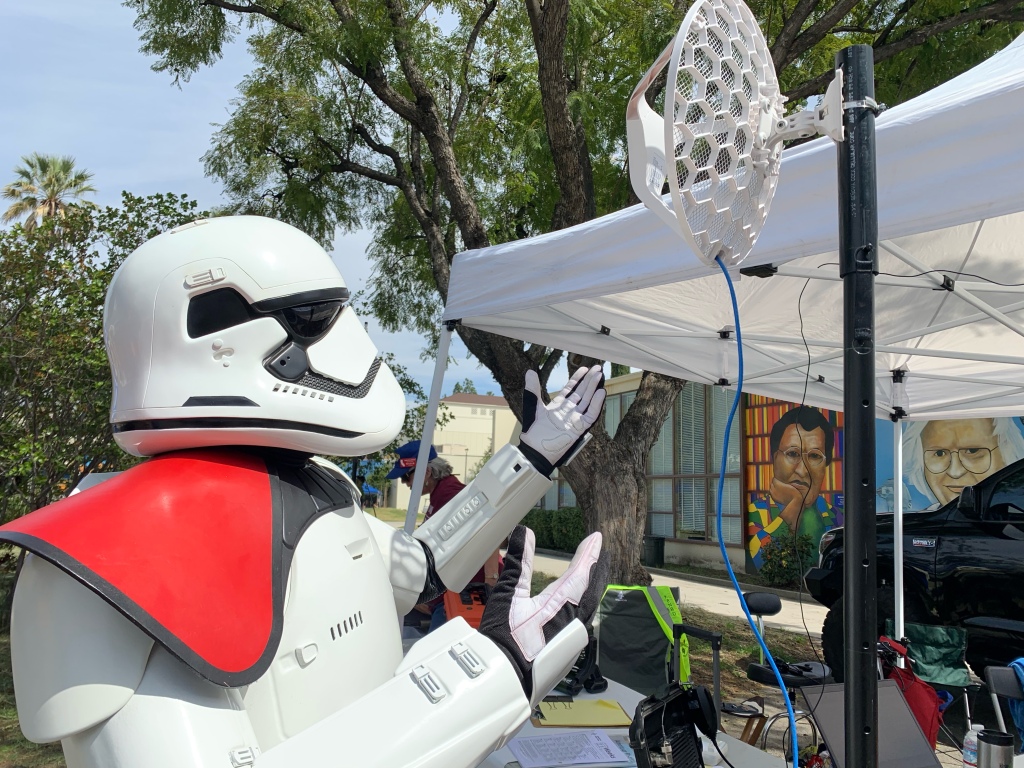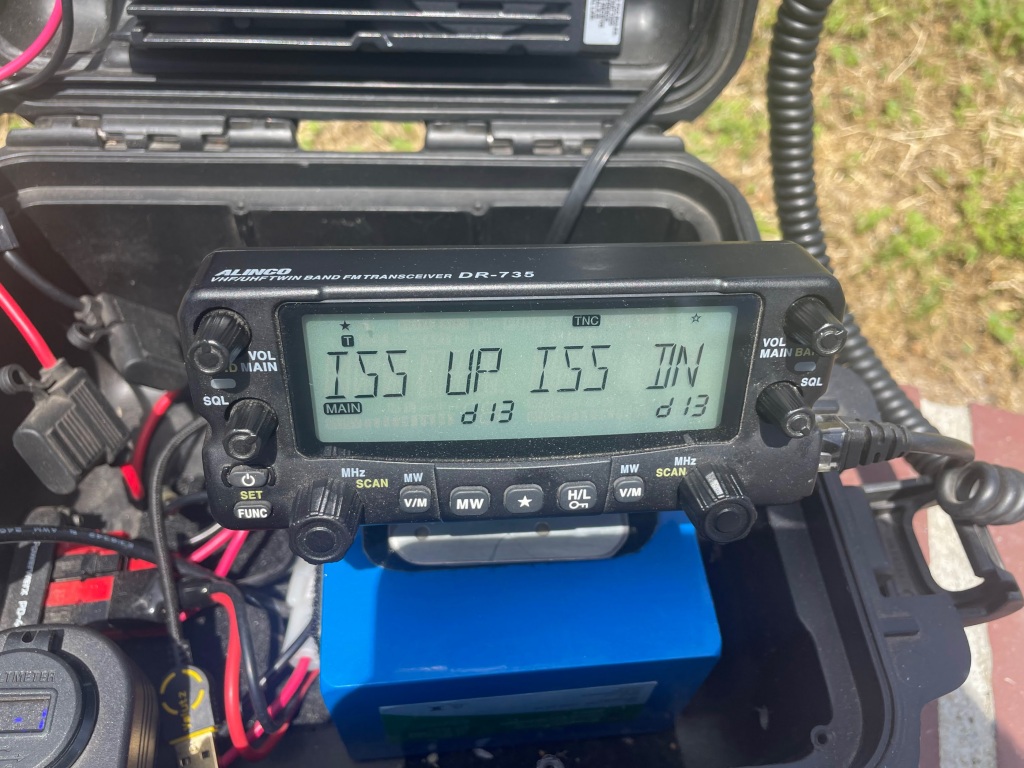Altadena Local Emergency Radio Team (ALERT) monthly meetings are now shared on ZOOM. Contact K8NBD@ARRL.net for Zoom meeting details.
We appreciate everyone’s contribution to ALERT including participation in the monthly meetings. You do not need to already have your amateur radio license to participate in our monthly meetings.
- Updated email list of 65 active radio operators… Email members will have access to all of the ALTA simplex frequencies. Email K8NBD@ARRL.net if you would like to be added to the active ALERT list.
- Check-in roster from nets is not the same as email list
- Relationship with Altadena Station is progressing.
- ALERT is a radio communication(s) team. We still promote MYN and CERT programs. We give radio training to everyone!
- Check the Support Radio Events TAB in upper tool bar for ways that ALERT supports the community.
- ➢ Emergency ALERT communication structure during critical event are as follows:
First few hours take care of family/home, neighbors
Listen to TELCO at the 0’clock hour
Prepare to be net control to listen/share accurate observations, not dramatic
ALERT does not provide service; we provide information to local communities
The goal of ALERT [Altadena Local Emergency Radio Team] is to facilitate radio communications throughout Altadena and surrounding communities during emergency events. ALERT members work with the Altadena Sheriff Station, Community Emergency Response Team (CERT), Map Your Neighborhood (MYN) and active Neighborhood Watch programs. ALERT supports community radio communication before, during, and after a community-wide crisis. The purpose of the ALERT team is to practice communication throughout the Altadena and surrounding communities in preparation for an emergency event.
“Regardless of the format used, the appropriate procedures cannot be picked up solely by reading or studying. There is no substitute for actual practice. Your emergency net should practice regularly–much more often than it operates in a real or simulated emergency. Avoid complacency, the feeling that you will know how to operate when the time comes. You won’t, unless you do it frequently, with other operators whose style of operating you get to know.” (Chapter One: Amateur Radio Emergency Service: 1.8 in section ARES Operation During Emergencies and Disasters).
http://www.ARRL.org American Radio Relay League
In Public Service Communication Manual find Chapter Five:
ARES Principles of Disaster Communication


